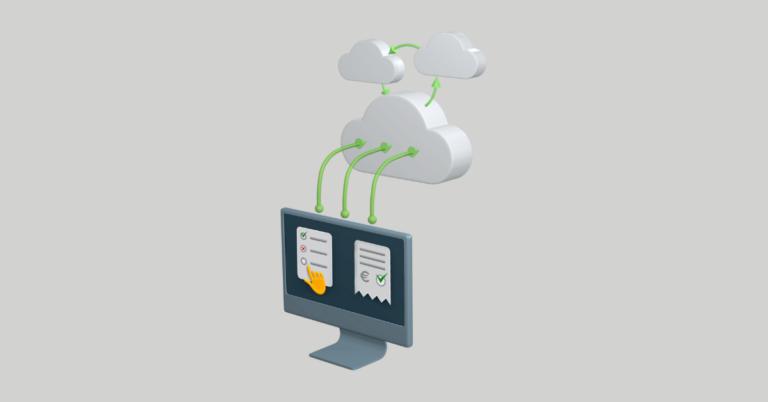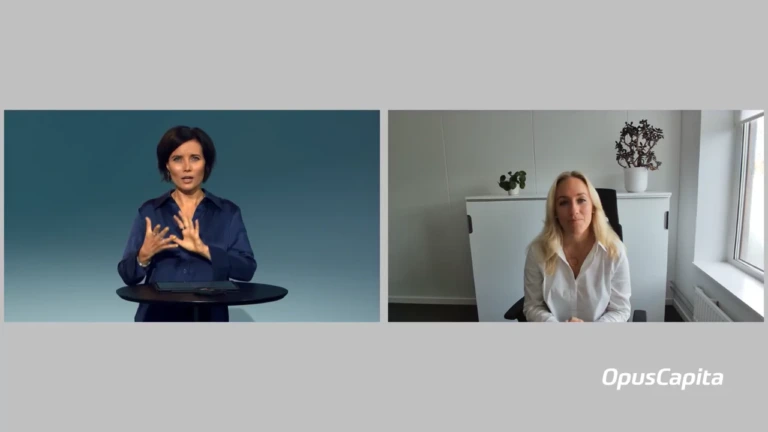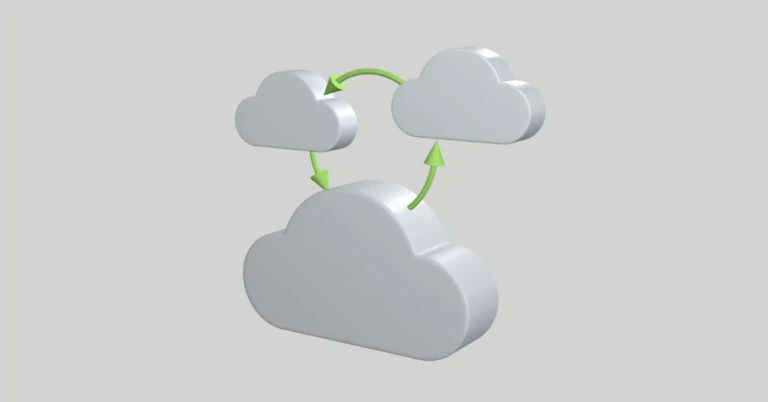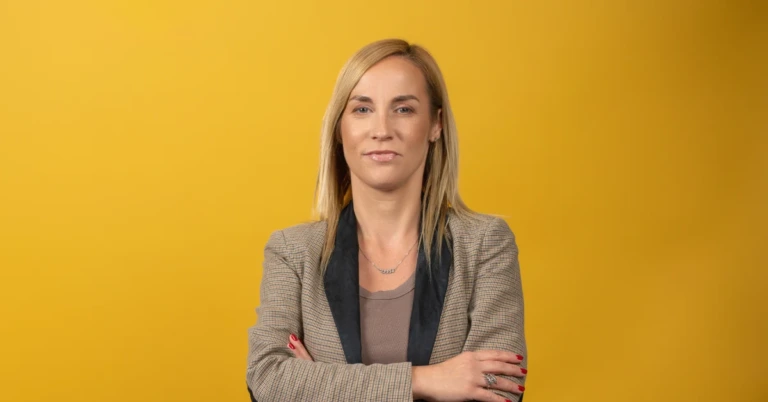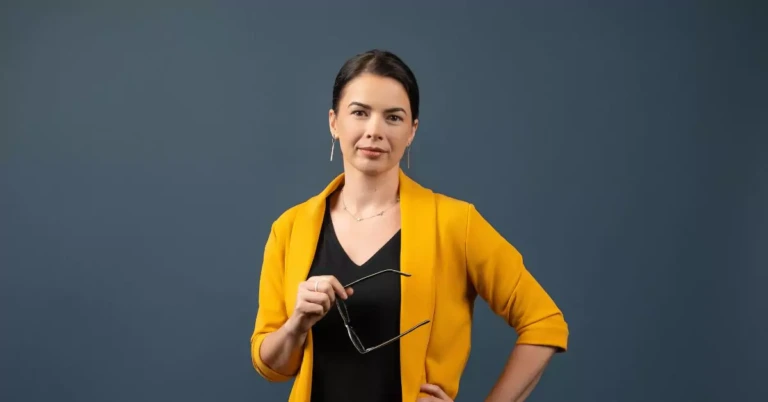
Connecting Europe Facility: A strong driver for e-invoicing future
Ahti Allikas
EU initiatives that are ongoing to further the development and spread of electronic invoices across Europe. I am also proud to say that OpusCapita is part of these projects.
It’s already the end of September and that can only mean one thing: it’s time for another round of our monthly e-invoicing news. This month I would like to take a closer look at several EU initiatives that are ongoing to further the development and spread of electronic invoices across Europe. I am also proud to say that OpusCapita is part of these projects.
It all starts with CEF telecom, CEF or as it is written out: The Connecting Europe Facility, is a key EU instrument to facilitate cross-border interaction between public administrations, businesses and citizens of the EU through creating a digital service infrastructure (DSI) and broadband networks. CEF is a part of the EU Commission and basically implementing different policies. The CEF works by distributing funding into different projects that work to further their mission. CEF has organised 4 calls during last 3 years with total funding of approximately 28 MEUR to support development activities around e-invoicing. There have been several projects designed to create a standardized e-invoicing landscape in Europe. As a part of these projects, CEF supports service providers and public entities to achieve compliance with agreed standards and drive the e-invoicing penetration.
I am proud to say that OpusCapita participated successfully in the third CEF round and we’ve received a development grant that will show itself in two projects – EURINV and AS4EDI – that will play a key role for us and our customers.
The EURINV project is focusing on e-invoicing and in this project companies that provide e-invoicing services are incentivized to make their systems compatible with the European norm. This is an important contribution to support the new e-invoicing standard that has been developed according to the EU Directive 2014/EU/55.
The AS4EDI stream is the more technical stream, which focuses on the e-delivery. PEPPOL today uses AS2 in order to enable different access points to communicate with each other, but the new technology for this e-delivery with higher security and more flexibility is AS4. The goal of the AS4EDI project is to enable service providers to update their technology to start using the new AS4 protocol (compliant to CEF eDelivery) to be able to offer higher security and compliance to their end customers. In a larger scale, the AS4EDI project is at the core of a wider standardization effort. Standardization is a key factor for trade policy because only with standardization can technology overcome cross-country barriers which otherwise remain insurmountable. Standardization enhances cooperation between different countries and allows all involved players to access global markets.
In June, we covered the GIF (Global Interoperability Framework) and this is actually related to these projects. What makes me especially happy is that AS4 and CEF eDelivery is one of the building blocks that the GIF working group is suggesting to use to enhance global interoperability and it’s actually already in use in the PEPPOL Network and in a piloting phase in EESPA.
All this technical details and abbreviations – does it sound too boring? It might be but I have to say that in order to make e-invoicing work seamlessly, all the details, even those that seem a bit boring, need to be in place. I am happy that OpusCapita is also in the middle of all those activities and excited to see what these development activities will bring to us as a service provider and to learn how we can continuously improve the service we offer to our customers.
For those who might be a bit more interested in AS4 I have added also some paragraphs below. It is always exciting to see a strong drive forward when it comes to electronic invoicing as well messaging technologies and EU paying a key role in here.
AS4EDI – A closer look
The main objective of the AS4EDI project is to promote the use of a digital service infrastructure for e-delivery among the private and public sector by integrating the AS4 protocol into certified PEPPOL Access Points and their respective Service Metadata Publishers, which are built using AS2. eDelivery has strong links with the eIDAS regulation on electronic identification and trust services for electronic transactions. The European Commission has created appropriate conditions for the mutual recognition of key enablers across borders and this is where e-delivery is coming in. E-delivery focuses on promoting the alignment between it’s technical specifications and the eIDAS regulatory framework.
The eIDAS regulation aims to enhance trust in electronic transactions in the EU market by providing a common foundation for secure electronic interactions between citizens, businesses and public authorities. This in turn will increase the effectiveness of public and private online services, electronic businesses and electronic commerce in the European Union. The EU is setting out to gain a competitive edge by investing heavily into digitalization and allowing citizens and business players to use the full benefits of digitalization in a safe and secure environment. And this is where we come back to the AS4EDI project.
The AS4EDI project aims to provide more compliance and security for the electronic transaction process. As a result of the project we at OpusCapita and other entities that are already using e-delivery services provided by the members of the AS4EDI consortium will have access to the cross-border exchange of electronic documents, according to the technical specifications of the EU core service platform based on the e-delivery AS4 profile. And our customers will benefit as well because they will be able to benefit from our EU vetted and approved solution.

Ahti Allikas has been active in the e-invoicing industry since the year 2000. He currently works as Head of Partners and Networks at OpusCapita, and is responsible for the development of the e-invoicing ecosystem. Ahti is a member of the executive committee of the European E-invoicing Service Providers Association (EESPA), member of management committee of the OpenPeppol Association (PEPPOL) and also member of E-Invoicing expert group in the European Multi-Stakeholder Forum on E-Invoicing (EMSFEI).
On the pulse of interoperability development
OpusCapita actively participates in the international development of network interoperability, and we’re a member in international communities such as PEPPOL, EESPA, CEF and FeRD.
